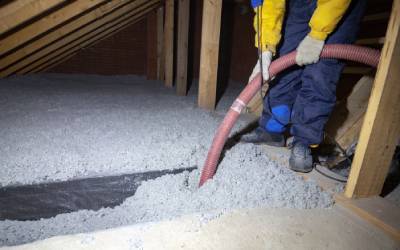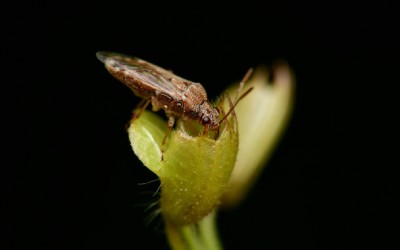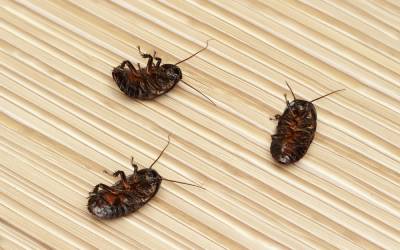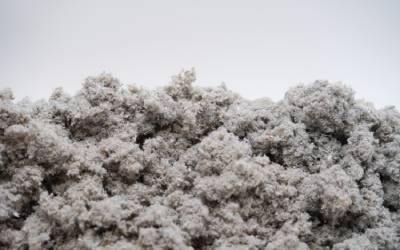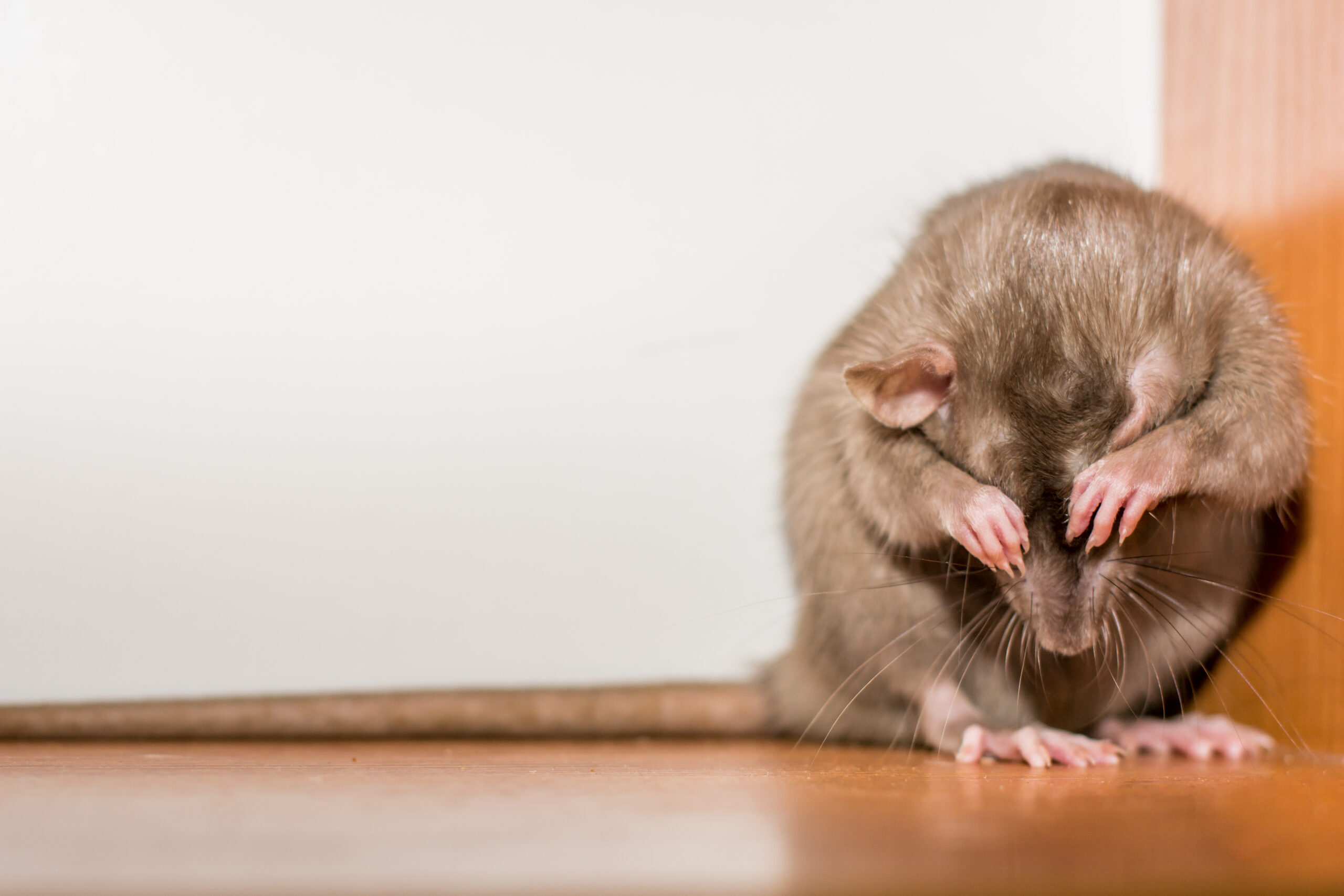Russell’s Pest Control is thrilled to introduce you to a unique natural occurrence poised to intrigue Tennessee and its surroundings this year. We’re on the brink of experiencing a fascinating natural display, where the chorus of cicadas connects history to the present moment. This spectacle offers not only a visual treat but also a deep dive into the workings of nature. Join us in exploring the life and impact of cicadas, learning valuable lessons on coexisting with these remarkable creatures.
How Rare Is This Natural Phenomenon?
The year 2024 stands out due to a rare natural event in Tennessee and neighboring regions: the simultaneous emergence of two cicada broods, a phenomenon not seen since the early 1800s and not expected again until 2245. Unlike typical emergences involving a single species, this event will see two distinct broods arise together from mid-May to late June, offering a unique opportunity for observation and study.
Cicada Basics
Cicadas spend the bulk of their existence underground, surfacing mainly to mate or conclude their life cycle. Their 17 or 13-year life cycles lead to a coordinated emergence, filling the summer air with their distinctive songs and marking a period of intense natural activity.
The Significance of Understanding Cicadas
While cicadas are harmless to people, their vast numbers can threaten the well-being of young vegetation, which constitutes their primary food source. Understanding their role in the ecosystem allows us to implement measures to protect our flora, minimizing the need for extensive pest control actions.
Dealing With Cicadas
Russell’s Pest Control does not recommend aggressive cicada extermination. Simple preventative measures, such as using netting over young plants, can effectively mitigate the risk of damage during this remarkable event.
Be Aware of Potential Cicada Urine Propulsion
An interesting aspect of cicada emergence is their ability to forcefully eject urine. Consuming significant amounts of xylem from trees and plants necessitates an efficient method for expelling this fluid, leading to the high-speed ejection of urine, potentially catching bystanders by surprise with a light sprinkle from above during the cicada season.
The Future with Cicadas
The cicada emergence serves as a profound lesson in the complexity and precision of nature’s timetable, underscoring the need to foster a harmonious relationship with our environment.
For any inquiries or guidance on how to best prepare for the cicada season, or for assistance with any pest concerns, Russell’s Pest Control is here to help.
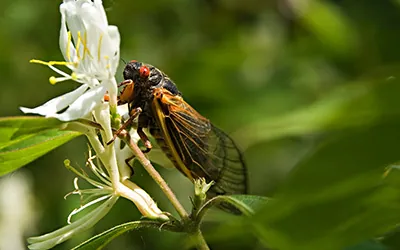
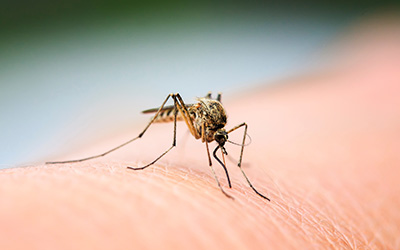
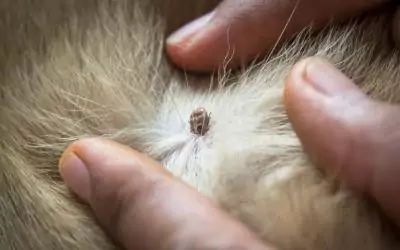
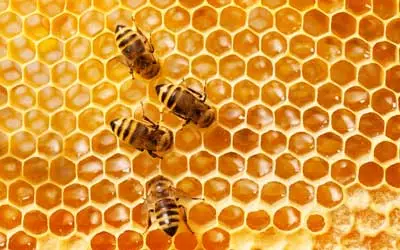
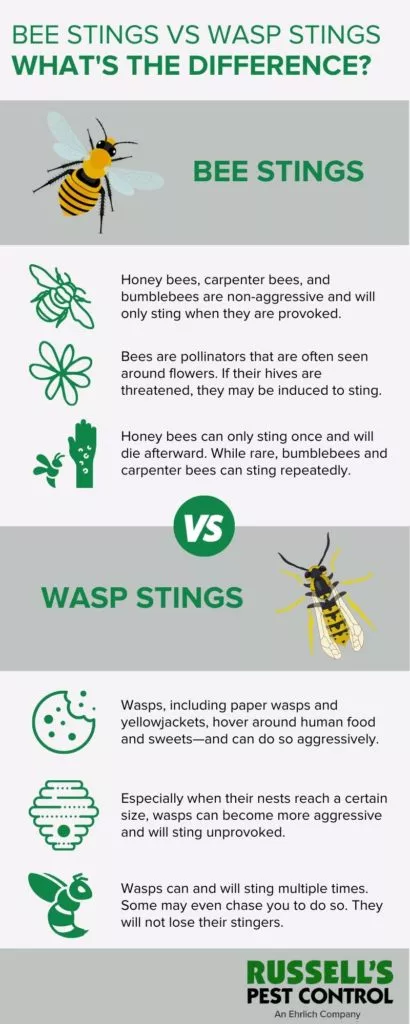 Do Bee or Wasp Stings Cause Allergic Reactions?
Do Bee or Wasp Stings Cause Allergic Reactions?